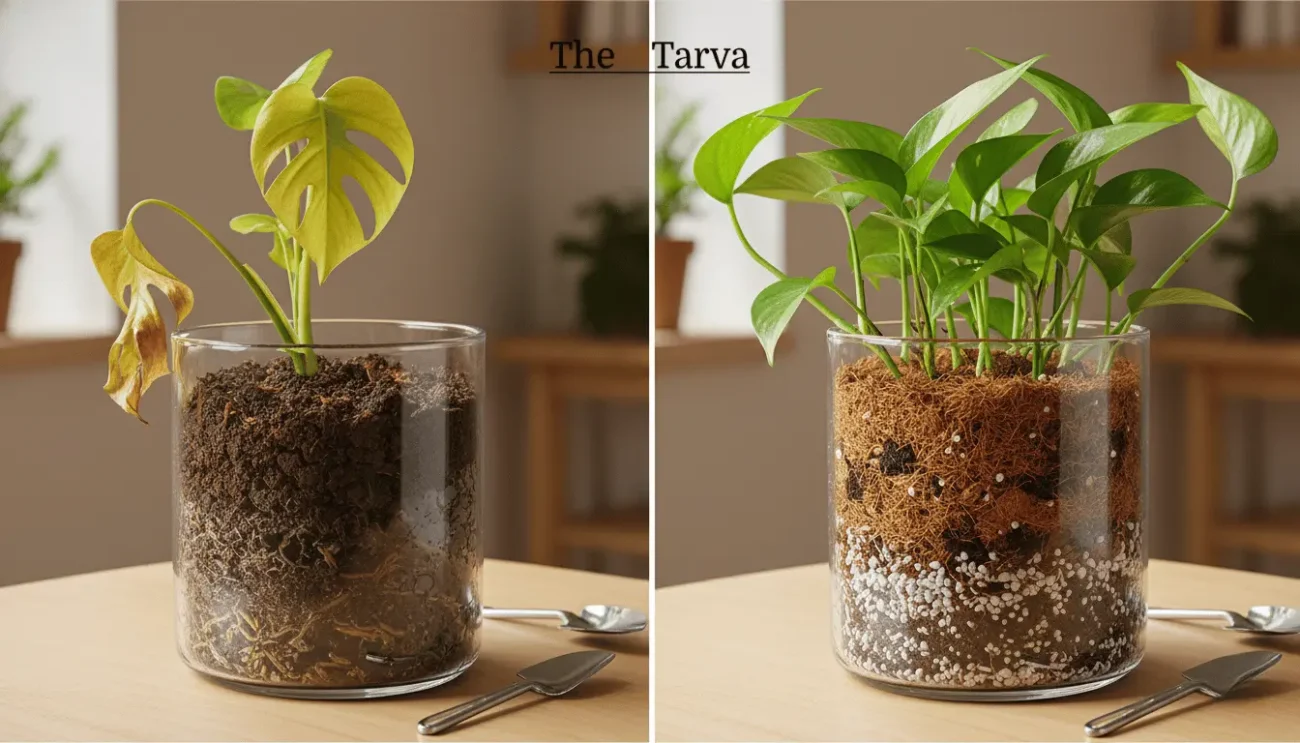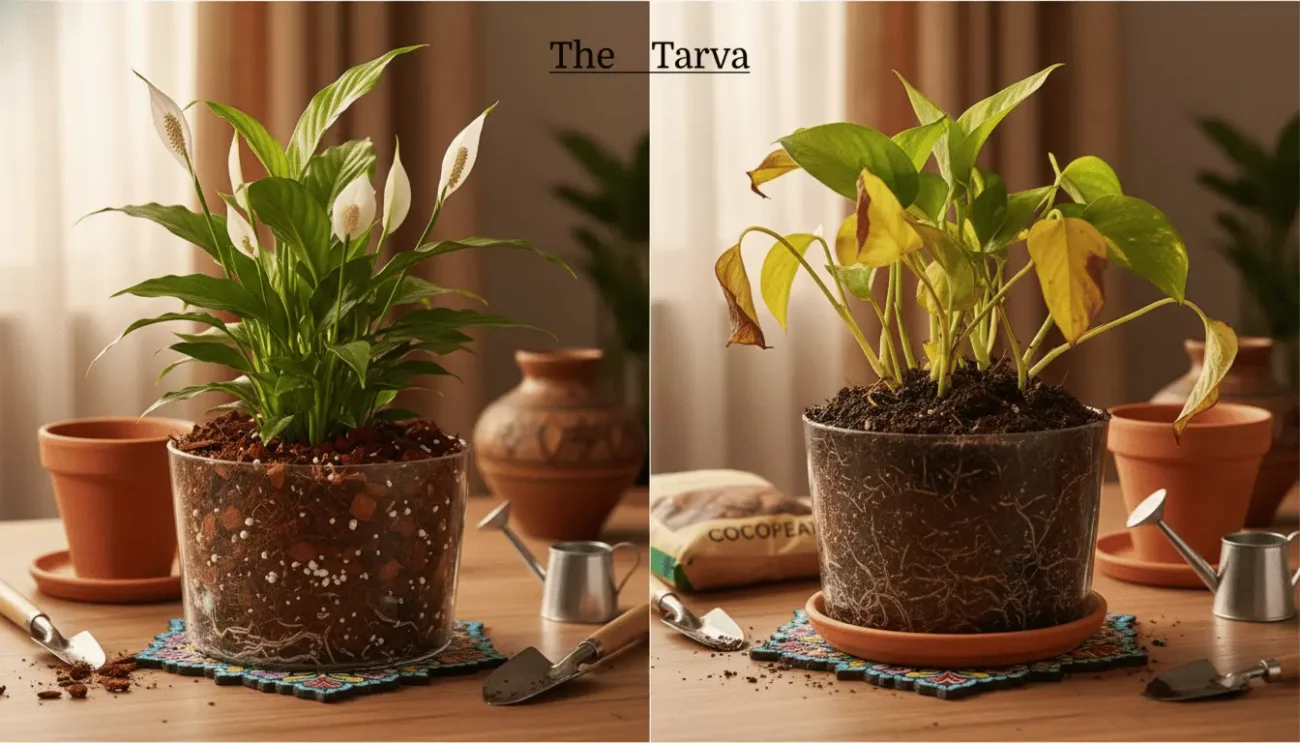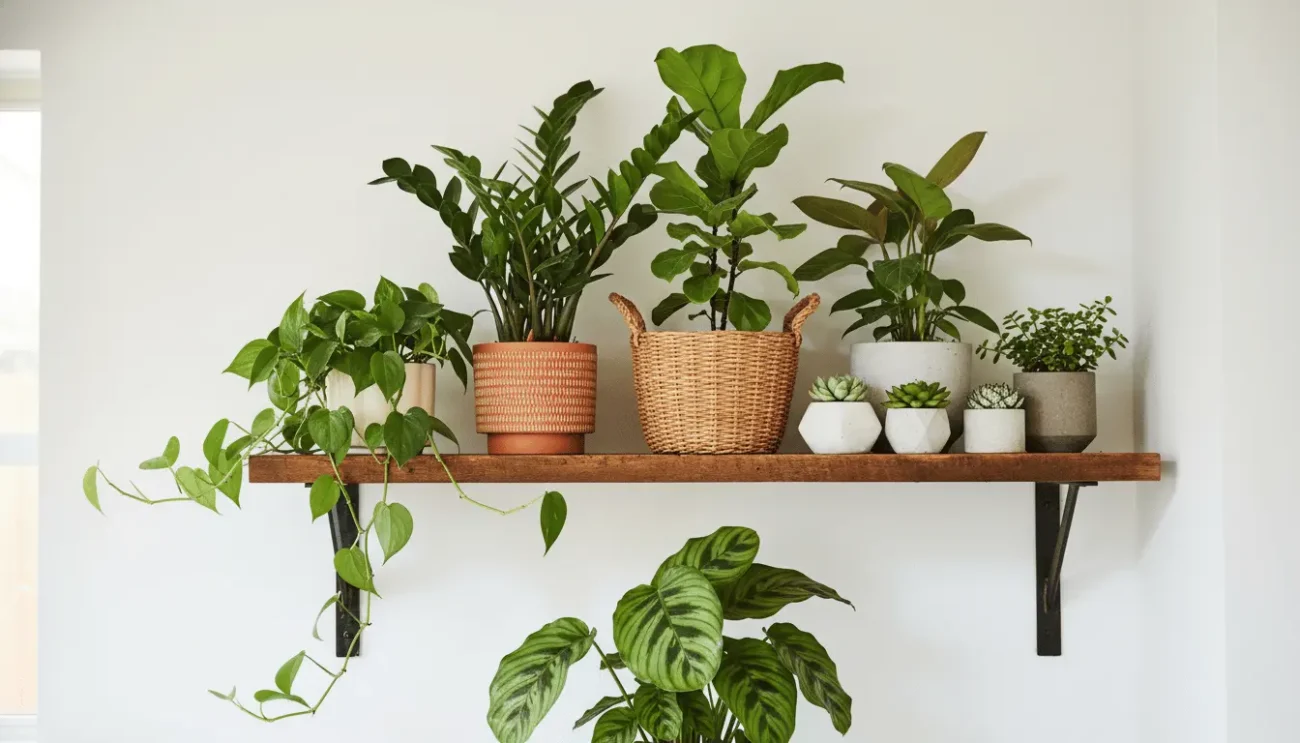India’s diverse climate makes gardening an exciting yet challenging hobby. Each season — summer, monsoon, and winter — brings unique opportunities to grow different plants. By aligning your gardening with the seasons, you can enjoy fresh vegetables, beautiful flowers, and thriving greenery all year round.
Whether you have a small balcony garden or a spacious backyard, understanding seasonal gardening in India ensures healthier plants, higher yields, and a more rewarding gardening experience.
Why Seasonal Gardening Matters in India
- Maximizes growth: Each plant thrives best in certain weather conditions.
- Prevents plant stress: Growing the right plants in the right season reduces the risk of diseases and pests.
- Saves resources: You’ll use less water, fertilizer, and care when plants are in their natural growing season.
- Boosts harvest quality: Seasonal vegetables and fruits taste fresher and are more nutritious.
Summer Gardening in India (March – June)
The Indian summer is hot and dry in most regions, making it challenging for many plants. However, some heat-tolerant plants not only survive but thrive during this time.
Best Vegetables to Grow in Summer
- Tomatoes
- Cucumbers
- Brinjals (Eggplants)
- Okra (Ladyfinger)
- Bitter gourd
- Bottle gourd
Best Flowers for Summer
- Sunflowers
- Zinnias
- Marigolds
- Hibiscus
Care Tips for Summer Gardening
- Water plants early morning or late evening to reduce evaporation.
- Use mulch to retain soil moisture.
- Provide shade nets for sensitive plants.
Monsoon Gardening in India (July – September)
The monsoon brings heavy rainfall and high humidity. This is the perfect season for lush greenery, but excess moisture can also lead to fungal diseases.
Best Vegetables to Grow in Monsoon
- Chillies
- Spinach
- Beans
- Radish
- Corn
Best Flowers for Monsoon
- Jasmine
- Balsam
- Lotus
- Rain lilies
Care Tips for Monsoon Gardening
- Ensure proper drainage to avoid waterlogging.
- Use organic fungicides to prevent leaf diseases.
- Choose sturdy pots that can handle heavy rain.
Winter Gardening in India (October – February)
Winter is the most favorable season for gardening in many parts of India. The cool weather supports a wide range of vegetables, herbs, and flowers.
Best Vegetables to Grow in Winter
- Carrots
- Cauliflower
- Peas
- Spinach
- Lettuce
- Broccoli
Best Flowers for Winter
- Roses
- Petunias
- Pansies
- Calendula
- Chrysanthemums
Care Tips for Winter Gardening
- Place plants in sunny spots to make the most of shorter days.
- Use organic compost to keep the soil fertile.
- Protect delicate plants from frost in northern regions.
General Tips for Seasonal Gardening
- Plan Ahead: Start sowing seeds a few weeks before the season begins.
- Use Quality Soil: Enrich the soil with compost and organic manure.
- Observe Local Climate: Planting seasons may slightly vary between North and South India.
- Rotate Crops: Avoid planting the same vegetable in the same soil every season to reduce pest problems.
- Maintain Consistency: Regular watering, pruning, and weeding are key to healthy seasonal gardens.
Where to Buy Seasonal Plants Online
At The Tarva, we provide plants that are well-suited to India’s seasonal conditions. Whether you’re preparing for summer heat, monsoon showers, or winter chill, you’ll find the right plants for your garden.
Explore popular seasonal plants at thetarva.com:
- Summer Specials: Hibiscus, Bitter Gourd, Marigolds
- Monsoon Favorites: Jasmine, Beans, Rain Lilies
- Winter Picks: Roses, Peas, Spinach
Order online and get healthy, well-nurtured plants delivered to your doorstep — ready to thrive in your garden, balcony, or terrace.
Conclusion
Seasonal gardening in India is about working with nature rather than against it. By choosing the right plants for summer, monsoon, and winter, you ensure healthier gardens, abundant harvests, and vibrant greenery all year round.
Whether you’re a beginner or an experienced gardener, following seasonal cycles will make your gardening journey more successful and enjoyable. Start this year by planning ahead and filling your garden with plants that are truly in season.





